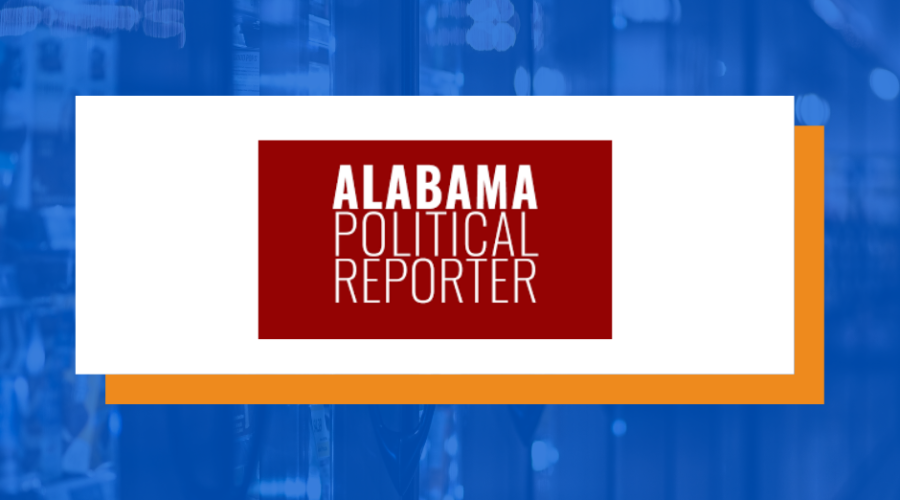Consumer Choice Center Joins Coalition Calling on the Biden Administration’s WHO Delegation to Recognise the Value of Tobacco Harm Reduction
Dear President Biden:
In January, the White House issued a “Memorandum on Restoring Trust in Government Through Scientific Integrity and Evidence-Based Policymaking,” in which you state “[i]t is the policy of my Administration to make evidence-based decisions guided by the best available science and data,” as opposed to personal ideology. The undersigned commend this declaration and write to ensure that this science-driven decision-making extends to all areas of policymaking, even politically challenging matters such as tobacco and nicotine containing products.
Next month, a U.S. delegation will participate in the Ninth Meeting of the Conference of Parties to the World Health Organization’s (WHO) Framework Convention on Tobacco Control (FCTC), commonly known as COP9. The U.S. is a signatory to the FCTC, but has never ratified the treaty, and therefore participates under Observer Status. Traditionally, the Conference of the Parties convenes every two years to discuss issues related to the implementation of the treaty and to promote strategies that allegedly advance tobacco control strategies.
Based on its own data, the WHO estimates there will be approximately 1.4 billion cigarette smokers around the world in 2025. This statistic is further illustrated by research from the Centers for Disease Control and Prevention, which states that less than one in 10 cigarette smokers will successfully quit smoking each year. Notwithstanding these sobering numbers, the WHO continues to rebuff innovative, science-driven advancements in nicotine delivery that could expedite its goal of eradicating cigarette smoking.
U.S. leadership is needed at the WHO now more than ever, and this includes oversight of its tobacco control strategies. Although the FCTC recognizes three pillars of tobacco control – prevention, cessation, and harm reduction – it has done nothing to recognize the technological innovation or promote policies that advance scientifically substantiated less harmful alternatives. In contrast, the comprehensive U.S. approach to tobacco control, rooted in the bipartisan Family Smoking Prevention and Tobacco Control Act of 2009, and signed into law by President Obama, authorized the U.S. Food and Drug Administration (FDA) to develop pathways to bring less harmful noncombustible products to the market for adult consumers that will otherwise continue to smoke cigarettes. While not a perfect process, the FDA has demonstrated the viability of these processes and that adult smokers deserve information about and access to less harmful products. In short, by authorizing some novel products, the FDA has affirmed its commitment to harm reduction and based these determinations on sound science as opposed to political ideology.
Society has adopted harm reduction in various aspects of our everyday lives, particularly as it relates to public health. However, there is a strong hesitancy with the WHO to accept harm reduction for tobacco, favoring instead to pursue “quit or die” policies that maintain the status quo and keep people using cigarettes.
As stated in the January memorandum, policies should be based on sound science, not autocratic regimes, personal ideology, or politics. We respectfully encourage the U.S. delegation participating in COP9 to advocate tobacco harm reduction – as clearly stated in the FCTC – as a vital component of any tobacco control strategy. This position aligns with U.S. law, FDA’s comprehensive approach, and basic common sense. Anything less is bowing to undue political pressure and fails to serve the hundreds of millions of adult smokers around the world that deserve access to better choices beyond cigarettes.
Sincerely,
Lindsey Stroud
Director, Consumer Center
Taxpayers Protection Alliance
Steve Pociask
President / CEO
American Consumer Institute
Gregory Conley
President
American Vaping Association
Amanda Wheeler
President
American Vapor Manufacturers Association
Grover Norquist
President
Americans for Tax Reform
Dave Morris
President
Arizona Smoke-Free Business Alliance
Peter J. Pitts
President
Center for Medicine in the Public Interest
Former FDA Associate Commissioner
Thomas Schatz
President
Citizens Against Government Waste
Yaël Ossowski
Deputy Director
Consumer Choice Center
Elizabeth Hicks
U.S. Affairs Analyst
Consumer Choice Center
Nick Orlando
Vice-President
Florida Smoke Free Association (FSFA)
Susan Stutzman
President
Georgia Vape Alliance (GVA)
Eric Curtis
President
Michigan Vape Shop Owners (MVSO)
Kim “Skip” Murray
Tobacco Harm Reduction Specialist MN Smoke-Free Alliance
Co-Founder, Safer Nicotine Wiki
Brandon Arnold
Executive Vice President
National Taxpayers Union
James Jarvis
President
Ohio Vapor Trade Association (OHVTA)
Mazen Saleh
Policy Director, Integrated Harm Reduction
R Street Institute
Tim Teml
President
Smoke Free Alternatives Coalition of Illinois (SFACOIL)
Casey Given
Executive Director
Young Voices










